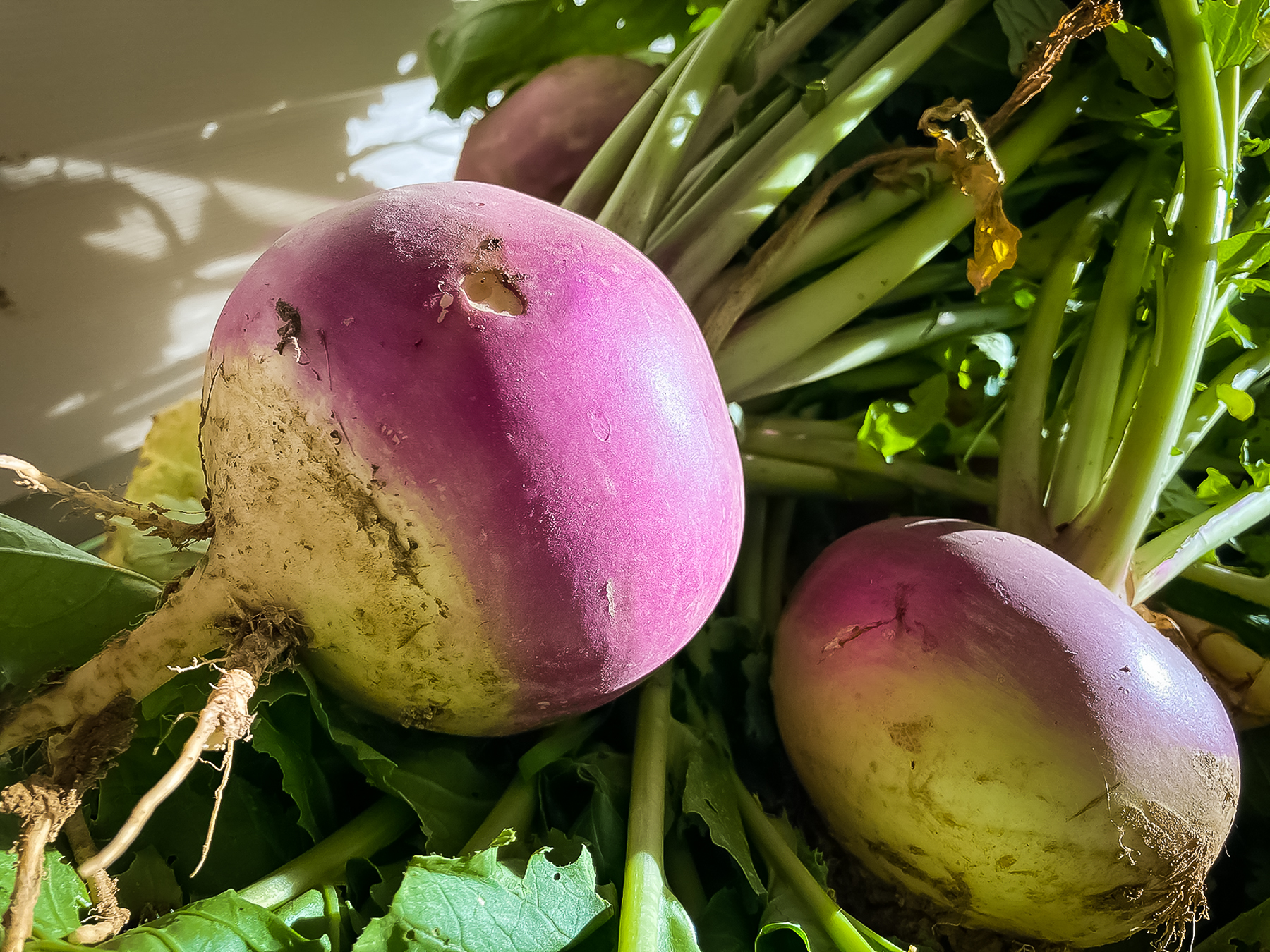A Newbie’s Guide to Gardening
Gardens have been a part of my life ever since I was a child. Some of my earliest memories of my grandparents’ house revolve around my Pawpaw’s backyard vegetable patch. Despite living in a city neighborhood, he utilized every square inch he had and harvested ample crops of squash, okra, and cucumbers every summer.
My mother has followed in his footsteps: she always has something green and growing. And since she’s also a homeschool mom, she’s always included me and my siblings in her endeavors one way or another: planting, weeding, harvesting, and cooking.
As a result, I know a lot more about gardens than I think I do…and yet, as I grow more personally involved, invested, and interested, it remains intimidating. Deciding to raise a garden must be a bit like deciding to start a family: it sounds fun, meaningful, and fulfilling, but the responsibility of it is overwhelming. What if I mess up? What if I drown my plants—or worse, forget to water them completely? What if the weather doesn’t cooperate? What if I overdo this and end up with more produce than I can handle?!
Despite all these concerns, I began 2021 with what I thought were very grand gardening ambitions. I resolved I’d pluck weeds first thing in the morning. I’d help cover our strawberry patch against any late frosts. I’d harvest our spinach and broccoli every week so we’d enjoy the fruits of our labors. Just as importantly, I would have fun! The more time I spent in our winter garden those first few weeks, the more proud of it I became…until the fateful morning when I went “skating” on our iced-over driveway, slipped, and shattered my right elbow. So much for my aspirations.
And yet even as I recuperate very, very slowly, my intense desire to tend, nurture, and help provide my family with nutritious, crunchable goodness hasn’t gone away. I just have to change my thinking about it, and about myself as a caretaker of young, growing things. I must think smaller.
Perhaps that’s how all of us newbie gardeners need to approach these green babies of ours. Chances are we don’t need to start out with a full-blown Victory Garden! But as Malcolm Guite says in his poem “The Singing Bowl,” we can always “begin the song exactly where [we] are.” [1]
Start Small
The first time I found myself with genuine affection for a plant, it had nothing to do with vegetables. I was on a “play date” with my aunt, and after lunch and a stroll through an art gallery we stopped by Trader Joe’s. There I found a beautiful display of flowers, among them two tiny potted orchids. They were so darling, I bought them both and promptly named them “Penelope” and “Eloise.”
If you’ve never tended a plant before, start with something small and cute! While I’m sorry to report that I unintentionally drowned Eloise, Penelope has flourished in an east-facing window and is getting ready to put on her third year of deep purple blooms. There’s something empowering about successfully nurturing a plant…just like there’s considerable power in naming it. It awakens your affections towards it. Or as Mike Wasowski would say in Monsters, Inc., “Once you name it, you start getting attached to it!”
Start with Beauty
My mom has claimed a long stretch of the yard near our beehives to plant zinnias. They remind me of the gentle picture-book story of Miss Rumphius, who planted lupines in her attempt to “make the world more beautiful.” [2] Like the lupines, our zinnias have no “practical value,” yet my mom decorates our home with them every summer and often gives big bouquets away to family and friends.
But the other side of beauty is order. Maybe you’ll make decorative garden markers with popsicle sticks, identifying these plants as carrots and those as cabbages. Perhaps your skill set allows you to make raised beds. My teenage brother, already a craftsman in his own right, built our raised beds out of scraps from our old wooden swing set. Then again, order, for you, may simply look like keeping the weeds at bay. Whatever your skills, you are capable of what Madeleine L’Engle called “creating cosmos [order] out of chaos.” [3]
Start with what’s delicious (to you!)
Making sure it’s something you actually care about and want to do is part and parcel of undertaking a new project. The writer who undertakes a fantasy project without having a genuine passion for the fantasy genre won’t get very far…and neither will the gardener who plants fruits and veggies he or she doesn’t enjoy eating.
You don’t like Brussels sprouts? Then don’t plant them—even if your inner perfectionist thinks they ought to be a signature part of every garden—and cultivate something else instead. My sister loves corn and is far more enthusiastic about tending a crop than she would be over, say, beets. (Although my mom and I are still very partial to beets and will insist on our own crop!)
Start with learning to get dirty
Gardening is work, and chances are you will get hot, dirty, and sweaty. Embrace this probability now while the winds are still cool and the sunshine isn’t oppressive—but don’t let it intimidate you! Even in temporary unpleasantness, there are all kinds of gifts to be found.
Last September, my family and I devoted a ferociously hot Saturday to prepping our hobby farm for not one, but two hurricanes: one hit our state from the east, the other from the west three days later. It was muggy, messy, sunburn-inducing work…yet the longer I helped prepare our garden for strong winds and rain, the more I noticed swallowtail butterflies, bumblebees, inch worms, basil plants, baby lemons, and even a few leaves starting to change color. I wouldn’t have been in a position to receive those small beauties if I hadn’t first accepted the necessity of hard, hot work.
Start with a mission
Gardening is not easy, nor is it glamorous. Some years are rewarding and fun; other years, you take a tumble right before spring’s arrival and find yourself wondering how on God’s green earth you’re going to tend a garden with one arm in a splint.
But gardening was our first vocation. God didn’t just create Adam and Eve in a garden; He commissioned them to tend it. Jesus, too, used metaphors of seeds, weeds, and cultivation during His earthly ministry. I suspect we all have, in varying degrees, an ingrained fascination with growing things—but I also suspect we’re born with a desire to nurture them, as well. These are echoes of Eden. We are, by nature, gardeners.
So no matter where you are or what your limitations may be, listen to these echoes. See where they lead you. Follow the promise of a lowly seed; be vigilant against pernicious weeds; take joy in caring for your potted succulent, backyard plot, or half-acre of corn. There is a prize at the end: the flourishing fruit of your labors. It’ll be quite a weight of glory in comparison to all the labor and hope you’ve invested in your garden, no matter how big or small it may be.
Footnotes:
- Guite, Malcolm. The Singing Bowl. Canterbury Press Norwich, 2013.
- Cooney, Barbara. Miss Rumphius. Puffin Books, 1st edition, 1985
- L’Engle, Madeleine. Walking on Water. Convergent Books, 2016.
The featured image is courtesy of Maribeth Barber and is used with permission for Cultivating and The Cultivating Project.
Maribeth Barber Albritton is an author, wife, mother, and small business owner. She serves as Director of Media and Communications for The Cultivating Project and contributes to the production of Cultivating Magazine’s print editions. She also works as an Executive Assistant at The C.S. Lewis Foundation.
Maribeth has a deep love for history, literature, and film. These keen interests inspired her debut science-fiction novel, Operation Lionhearted, as well as her blog, A Writer’s Tale, where she’s written a number of book and movie reviews from the angle of the Christian imagination.
Maribeth, her pastor-husband Casey, and their daughter Molly live in rural Mississippi in a red-brick manse they’ve affectionately named “Crickhollow.”
Leave a Reply
A Field Guide to Cultivating ~ Essentials to Cultivating a Whole Life, Rooted in Christ, and Flourishing in Fellowship
Enjoy our gift to you as our Welcome to Cultivating! Discover the purpose of The Cultivating Project, and how you might find a "What, you too?" experience here with this fellowship of makers!


Maribeth,
Enjoyed your well written article about gardening!
Glad to see you’ are writing about something you’re truly interested in!
MARIBETH thank you! This is great and I imagine a piece that you’ll joyfully come back to every time you want to remember the strange strange years 2020-2021. But the beautiful part of those memories is you’ve already found Gods working in them and can testify to yourself of His goodness even in such times as you’ve given us all courage through your stories and exhortation. Thank you!
Dear Betty (Mimi)–So glad you enjoyed the article!
Dear Adam–You are so welcome! And thank you for all of your encouragement during this strange time in my life. I deeply appreciate it!